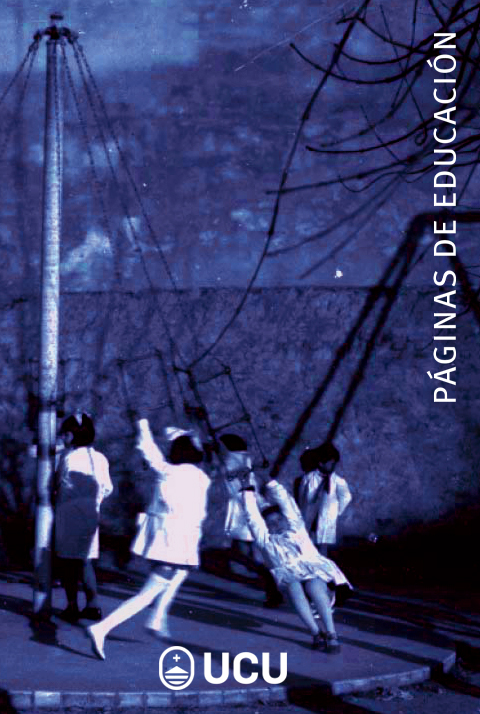Peer Tutoring at the Universidad de la República as a Training Experience: The view of the tutors
DOI:
https://doi.org/10.22235/pe.v13i2.2182Keywords:
peer tutoring, mentoring, educational paths, peer teachingAbstract
Peer Tutoring (TEP in Spanish) is part of a central policy of the Universidad de la República of Uruguay (Udelar) whose process of crediting was consolidated towards 2017. They are understood as a learning process in which university students accompany and support others, aiming for their full insertion into university life. This paper presents the evaluation of the experience by a generation of peer tutors, with the aim of knowing their profile, their previous trajectories, their evaluation of the course and their assessments of how these tutorships contribute to their own educational trajectories. Three mixed forms were used to collect the results, at the beginning and at the end of the experience. The results reflect a very marked conformity with both the training course and the practices in the territory, as well as a high evaluation of the contributions to the participants' own training. However, some challenges have been identified in order to achieve a greater impact of the experience at the institutional level, especially in relation to gender and the careers from which the tutors come. This reveals the need for greater involvement and articulation of all institutional actors to promote these experiences not as peripheral initiatives, but as part of the organizational paradigm.
Downloads
References
Dirección General de Planeamiento. (2013). Datos Básicos del VII Censo Web de Estudiantes Universitarios de Grado. Montevideo, Uruguay: Universidad de la República.
Duran, D. (2014). Aprenseñar. Evidencias e implicaciones de aprender enseñando. Madrid, España: Narcea.
Duran, D., Flores, M., y Valdebenito, V. (2015). Tutorías entre iguales. Conceptos y prácticas como metodología para la educación inclusiva. Revista Latinoamericana de Educación Inclusiva, 9(2), 23-40.
Duran, D., Flores, M., Mosca, A., y Santiviago, C. (2015). Tutoría entre iguales del concepto a la práctica en las diferentes etapas educativas. Revista InterCambios, 2(1), 28-39.
Ezcurra, A. M. (2018). Educación superior: expansión y desigualdad. En C. Santiviago (Comp.), Las tutorías entre pares como estrategia de apoyo y herramienta de transformación de la educación superior (pp. 171-181). Montevideo, Uruguay: CSE, Udelar.
Melero, M., y Fernández, P. (1995). La interacción social en contextos educativos. Madrid, España: Siglo XXI.
Santiviago, C., y Mosca, A. (2010). Tutorías de estudiantes. Tutorías entre Pares. Montevideo, Uruguay: Labor.
Topping, K. (2005). Trends in peer learning. Educational Psychology, 25(6), 631-645.
Topping, K. (2015). Peer tutoring: old method, new developments. Journal for te Study of Education and Development, 38(1), 1-29.
Downloads
Published
How to Cite
Issue
Section
License
Copyright (c) 2020 Páginas de Educación

This work is licensed under a Creative Commons Attribution 4.0 International License.















